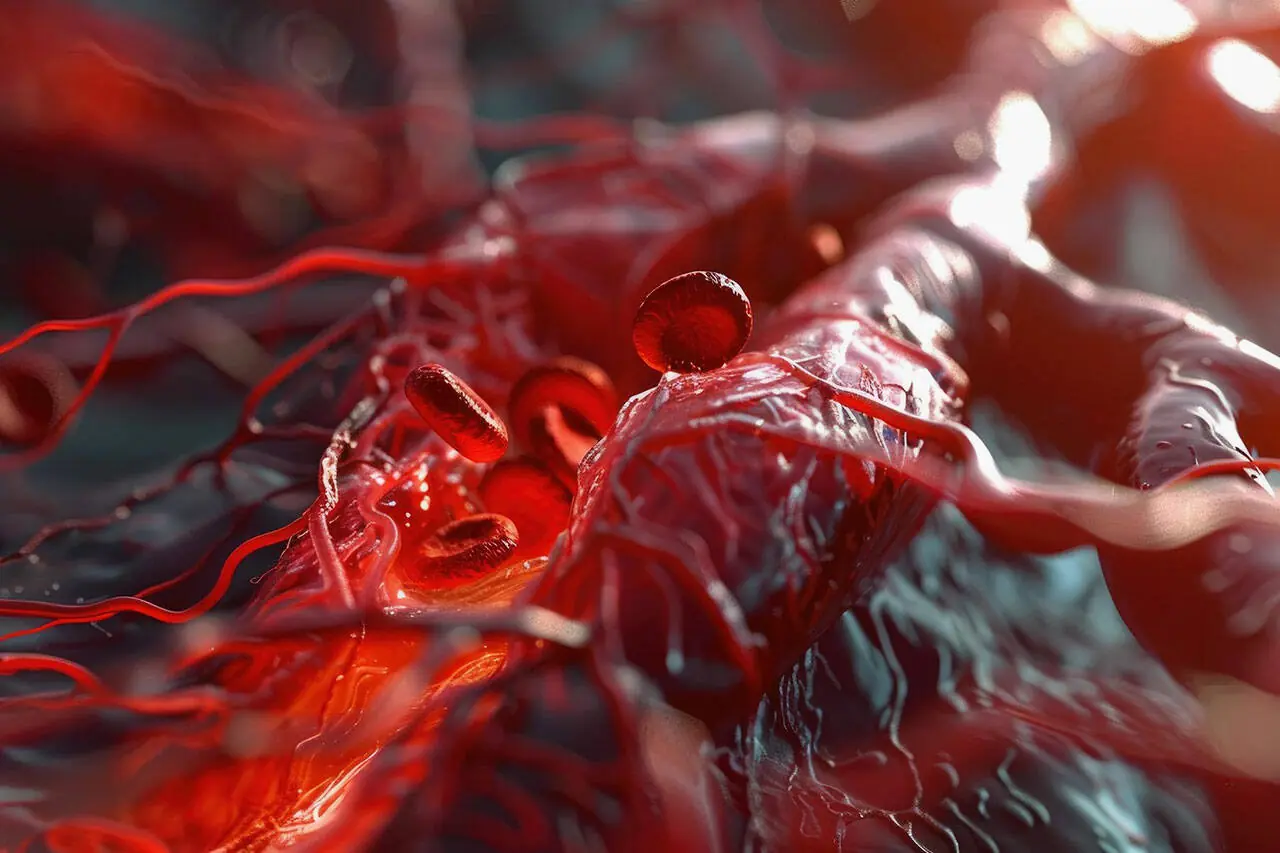
Forget 10,000 steps: Scientists prove 7000 steps gives you ‘almost identical’ life-saving benefits

7,000 Steps a Day: Why You Don’t Need to Hit 10,000 for Big Health Benefits
If you’ve ever felt frustrated trying to reach the 10,000-step milestone on your fitness tracker, you’re not alone. For years, this number has been promoted as the “gold standard” of daily activity. But now, a major new study from the University of Sydney is challenging that long-held belief. The research suggests that walking just 7,000 steps per day can deliver nearly the same health benefits as 10,000, offering a far more realistic and achievable goal for many people. This discovery could reshape how we think about daily exercise and encourage more people to improve their health without the pressure of chasing an arbitrary number.
Key Takeaways
-
A More Attainable Goal: Hitting 7,000 steps daily provides almost the same reduction in risk of early death and dementia as the more demanding 10,000-step goal.
-
Significant Health Benefits: Adding steps each day protects against major health conditions including heart disease, cancer, type 2 diabetes, and depression.
-
Every Step Counts: Improvements begin with as little as 2,000 steps, with the most meaningful gains appearing in the 5,000–7,000 step range.
-
Strong Scientific Evidence: The conclusions come from the largest review of its kind, analyzing 57 studies conducted in over ten countries, making the findings robust and widely applicable.
The Science Behind the Steps
Where did this new number come from? The research team, led by Professor Melody Ding at the University of Sydney, conducted a massive review of 57 studies published between 2014 and 2025. This meta-analysis included participants from diverse regions—Australia, the United States, the United Kingdom, Japan, and several European nations—covering millions of data points.
The scientists examined how daily step counts influenced long-term health outcomes, particularly the risks of developing chronic diseases or dying prematurely. The broad scope of the analysis adds weight to the findings, since results were consistent across cultures, age groups, and lifestyles.
What 7,000 Steps Can Do for You
The numbers are impressive. Walking around 7,000 steps each day was associated with a 47% lower risk of early death, nearly identical to the reduction seen at 10,000 steps. For brain health, the benefits were equally striking: dementia risk dropped by 38% at 7,000 steps, with only a small additional 7% benefit when pushing further to 10,000 steps.
That said, walking beyond 7,000 can still provide incremental advantages. For example:
-
At 10,000 steps, the risk of type 2 diabetes continued to decrease.
-
At 12,000 steps, participants saw even lower rates of metabolic syndrome and obesity.
However, the data makes it clear that the largest and most accessible gains are clustered around 7,000 steps, making it an ideal “sweet spot” for most people.
Progress, Not Perfection: A New Mindset for Fitness
This study doesn’t just provide numbers—it reshapes the way we think about physical activity. Professor Ding stresses the importance of focusing on “progress, not perfection.” Instead of being discouraged by an unreachable 10,000-step benchmark, people can take comfort in knowing that simply adding more movement to their day yields real and measurable benefits.
Dr. Katherine Owen, another researcher on the project, adds that while 10,000 steps can still be a great target for already-active individuals, the health improvements beyond 7,000 steps are relatively small for the majority of the population. The real lesson is that even modest increases—walking during phone calls, taking the stairs, or choosing to walk short errands—can significantly enhance health outcomes.
Why This Study Matters Globally
Because this was the largest review of step-related research to date, its findings carry international significance. Governments and health organizations are already in discussions to potentially update official exercise guidelines. Instead of pushing unrealistic goals, the emphasis may shift to encouraging consistent, moderate activity that fits daily life.
This could also improve accessibility. For elderly populations, people with chronic conditions, or those with busy schedules, knowing that 7,000 steps is enough to gain major benefits can reduce anxiety and increase adherence to healthy routines.
Conclusion
The long-held 10,000-step standard is no longer the only benchmark for good health. Thanks to this landmark study, we now know that 7,000 steps a day is a powerful, scientifically backed target that significantly lowers the risk of early death, dementia, and other chronic illnesses.
The message is simple: you don’t need perfection to improve your well-being. Every step truly matters, and progress is more important than hitting an arbitrary number. Whether you’re aiming for 5,000, 7,000, or beyond, increasing your movement can make a profound difference in your long-term health.
So the next time you glance at your fitness tracker, remember: each step you take—whether it’s on the way to work, around your neighborhood, or during a short break—brings you closer to a healthier, longer, and more active life.
News in the same category


Why Cold Showers on Hot Summer Nights May Keep You Awake

Lesser-Known Menopause Symptoms
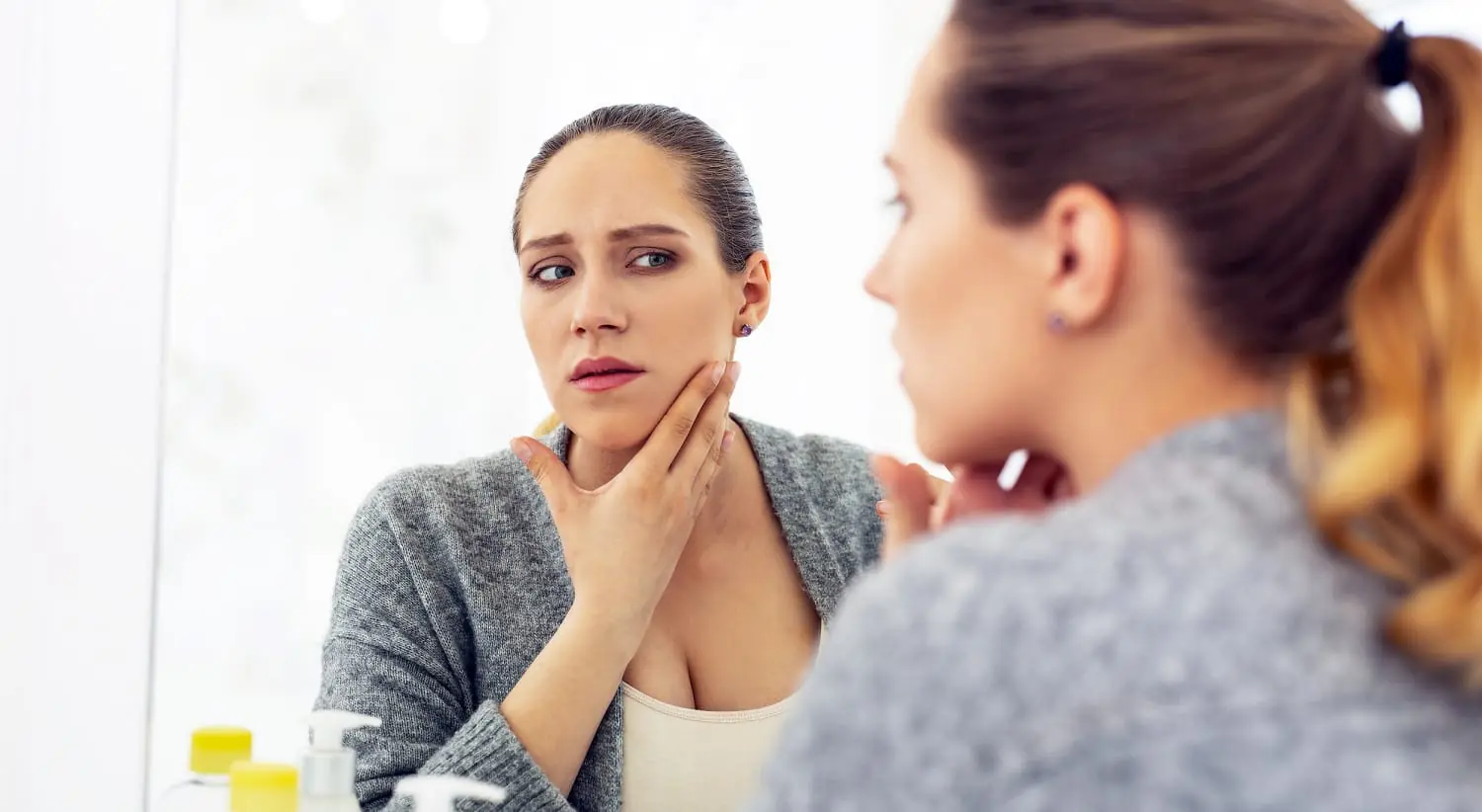
Signs Your Cortisol Is Dangerously High
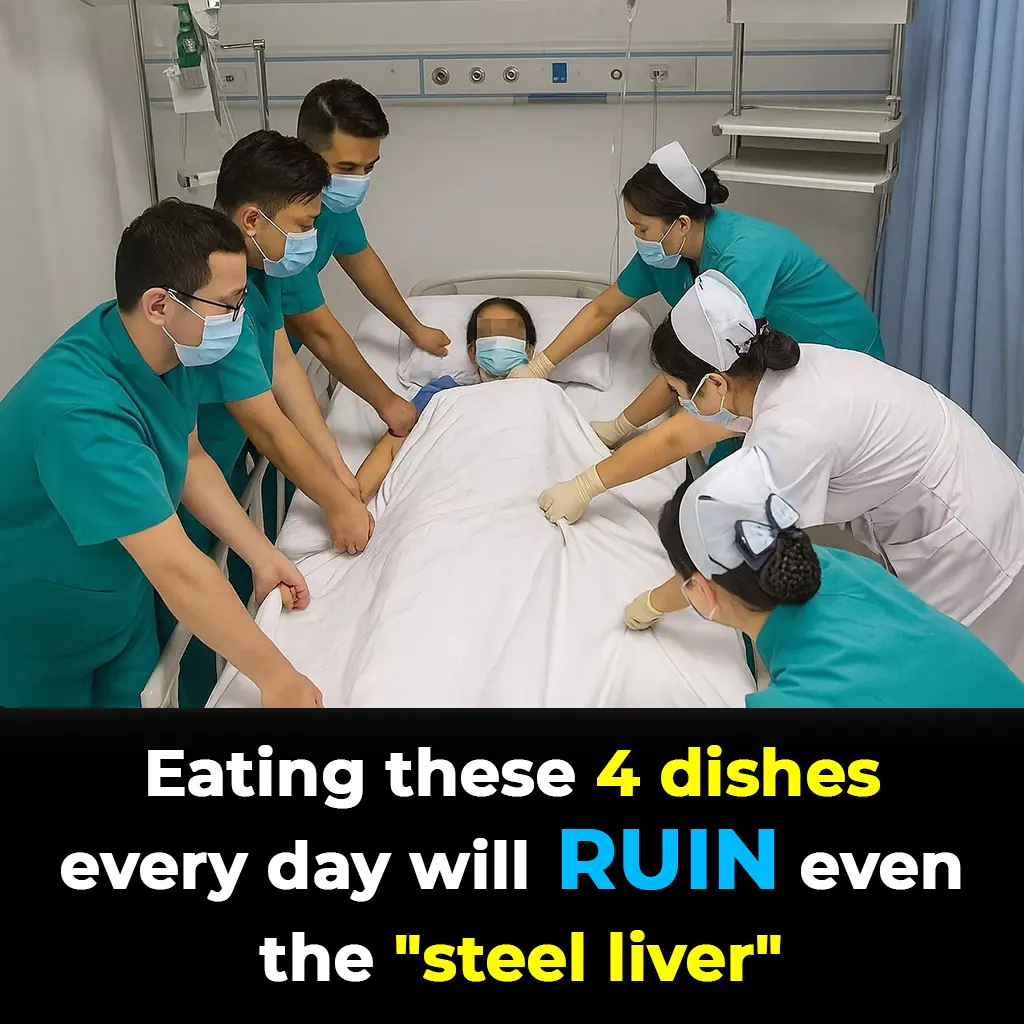
He Never Drank Alcohol but Died of Liver Failure: Doctors Reveal 4 Common Foods That Quietly Destroy the Liver
A man who stayed away from alcohol his entire life shocked his family when he was diagnosed with liver failure and passed away at just 55 years old. Doctors warn that alcohol is not the only enemy of the liver—certain everyday foods can be just as destr
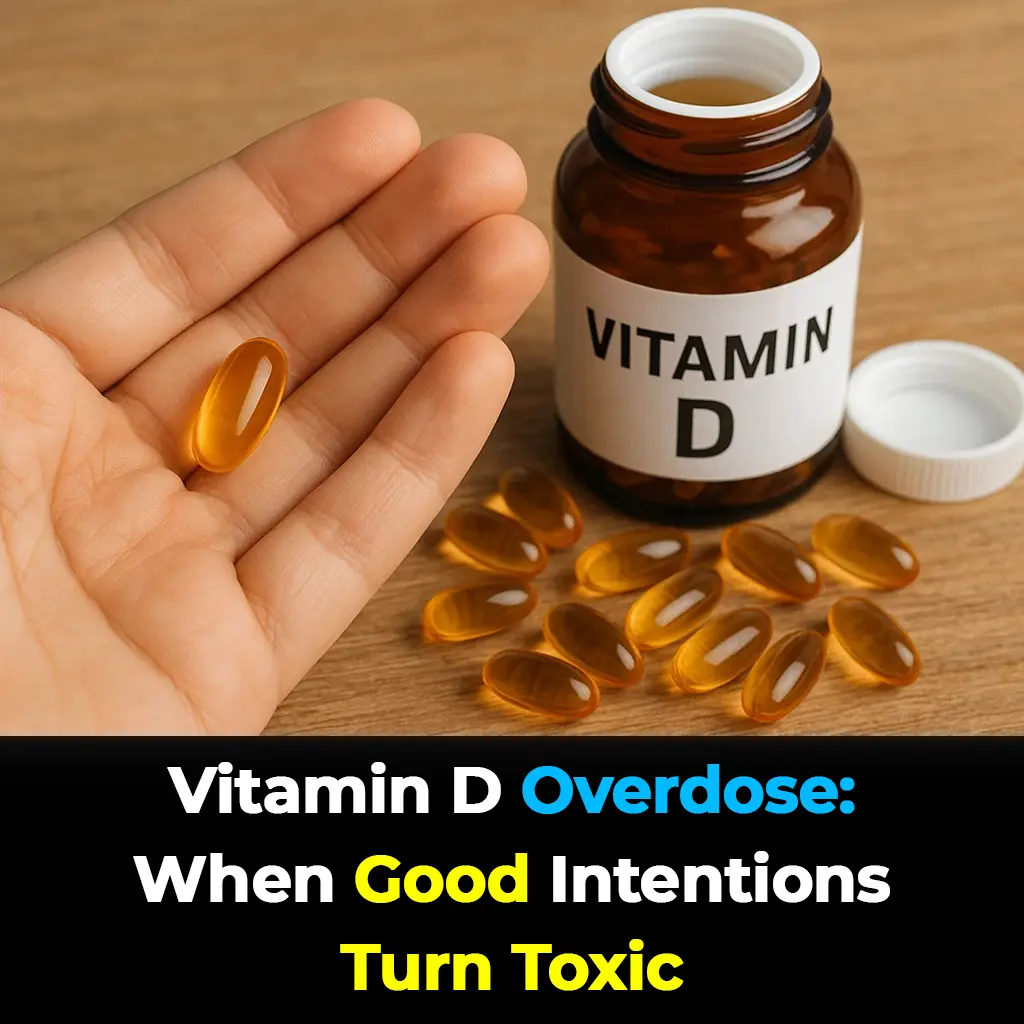
Vitamin D Overdose: When Good Intentions Turn Toxic
Vitamin D is often celebrated as the “sunshine vitamin,” vital for bone strength, immune health, and even protection against certain chronic diseases. But while moderate amounts are essential, excessive or unsupervised intake can be toxic—and in som
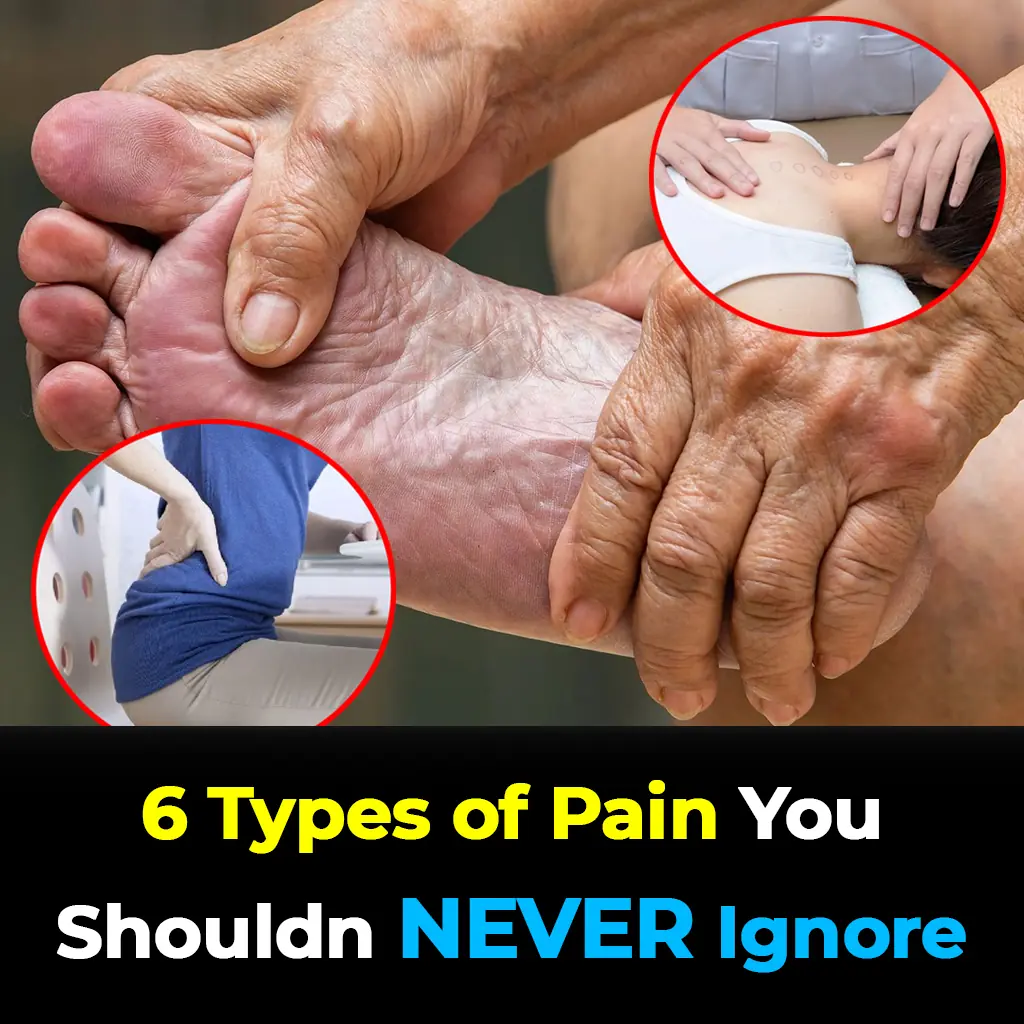
6 Types of Pain You Shouldn’t Ignore
Occasional mild discomfort may not require urgent care, but sudden, unexplained, or severe pain always deserves medical attention.

Scrolling on the Toilet? Experts Warn It Could Trigger Painful Hemorrhoids
For many, the bathroom has become more than a necessity—it’s a private escape, a brief pause in the day, and for some, even a mini reading lounge. But researchers warn that lingering too long with your smartphone on the toilet may quietly be raising y

Stroke Rates Soar Among US Adults: Experts Warn of Alarming Trend
The burden of stroke in the United States has climbed sharply over the past three decades, with millions now living with its long-term effects. While medical progress has reduced mortality rates, the overall number of cases continues to rise—especially

Beetroot Juice’s Nitrate Effect: A Natural Way to Support Heart Health
Beetroot juice isn’t just a vibrant superfood—it may hold the key to naturally lowering blood pressure, especially for older adults. A new study shows how the nitrates in this root vegetable can transform cardiovascular health and reshape the body’s
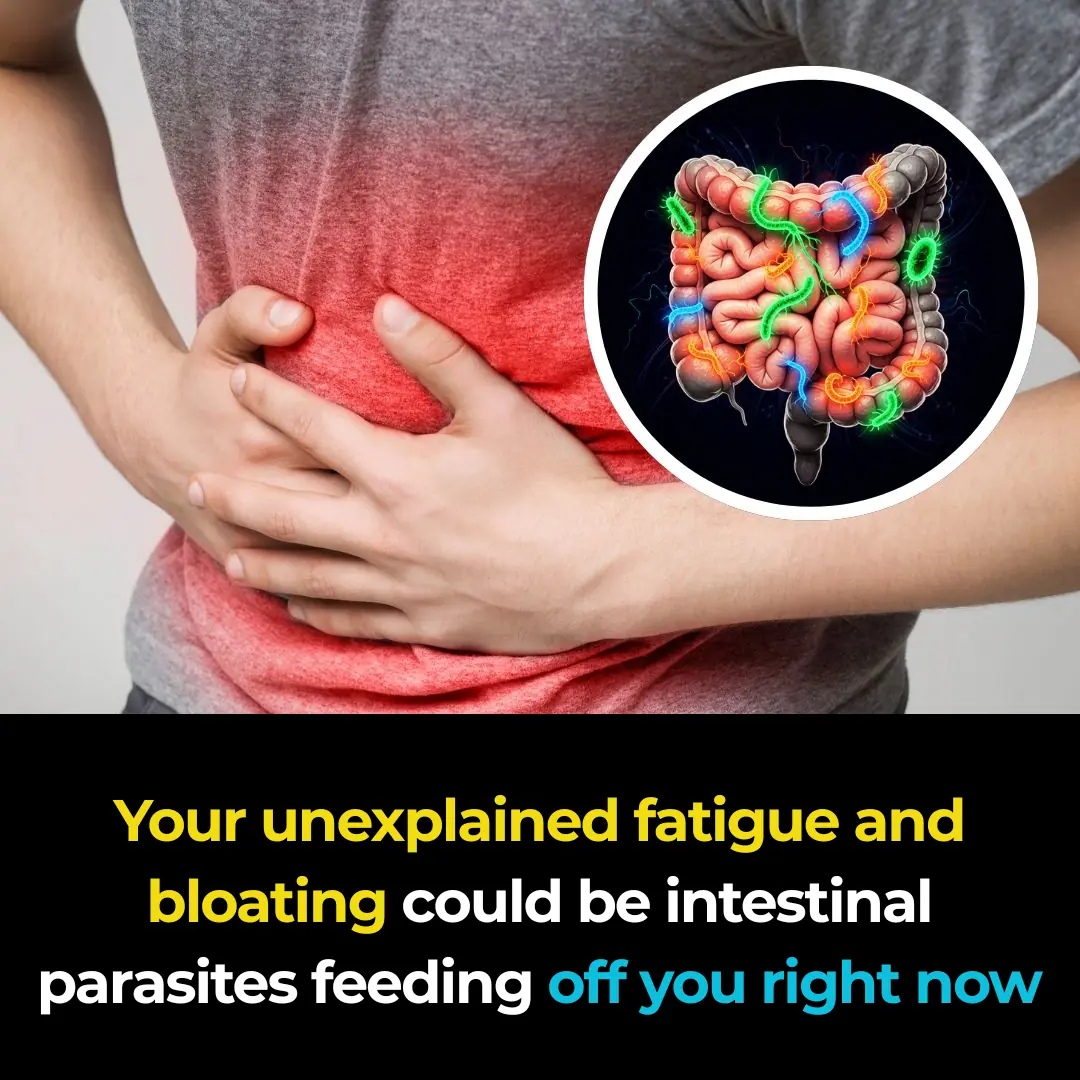
Your unexplained fatigue and bloating could be intestinal parasites feeding off you right now
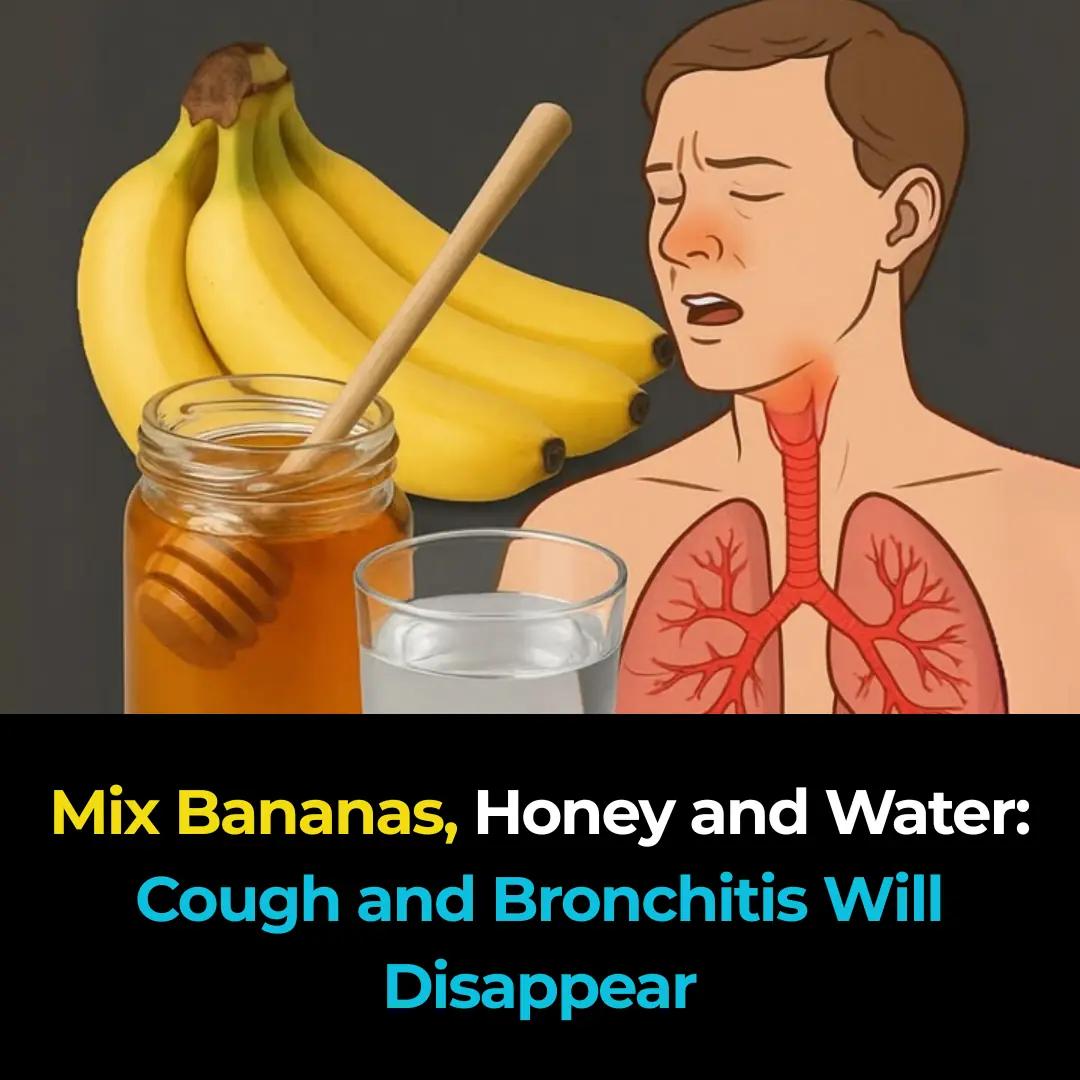
Mix Bananas, Honey and Water: Cough and Bronchitis Will Disappear

What Is Sleep Talking?

Farting Too Much at Night: Here’s What It Might Mean
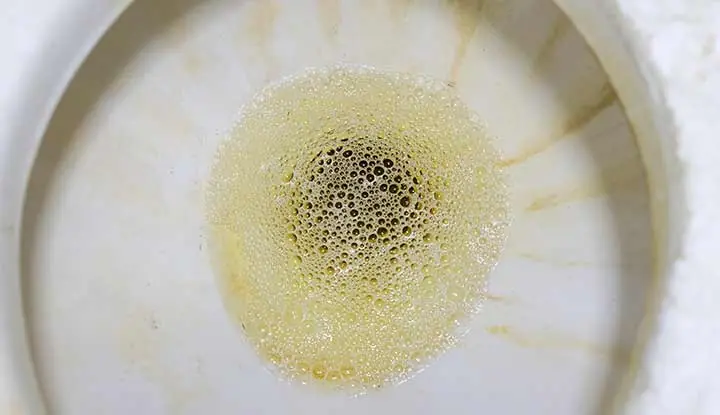
What Foamy Urine Might Be Trying to Tell You

What Sleeping with Your Arms Crossed Really Says About You
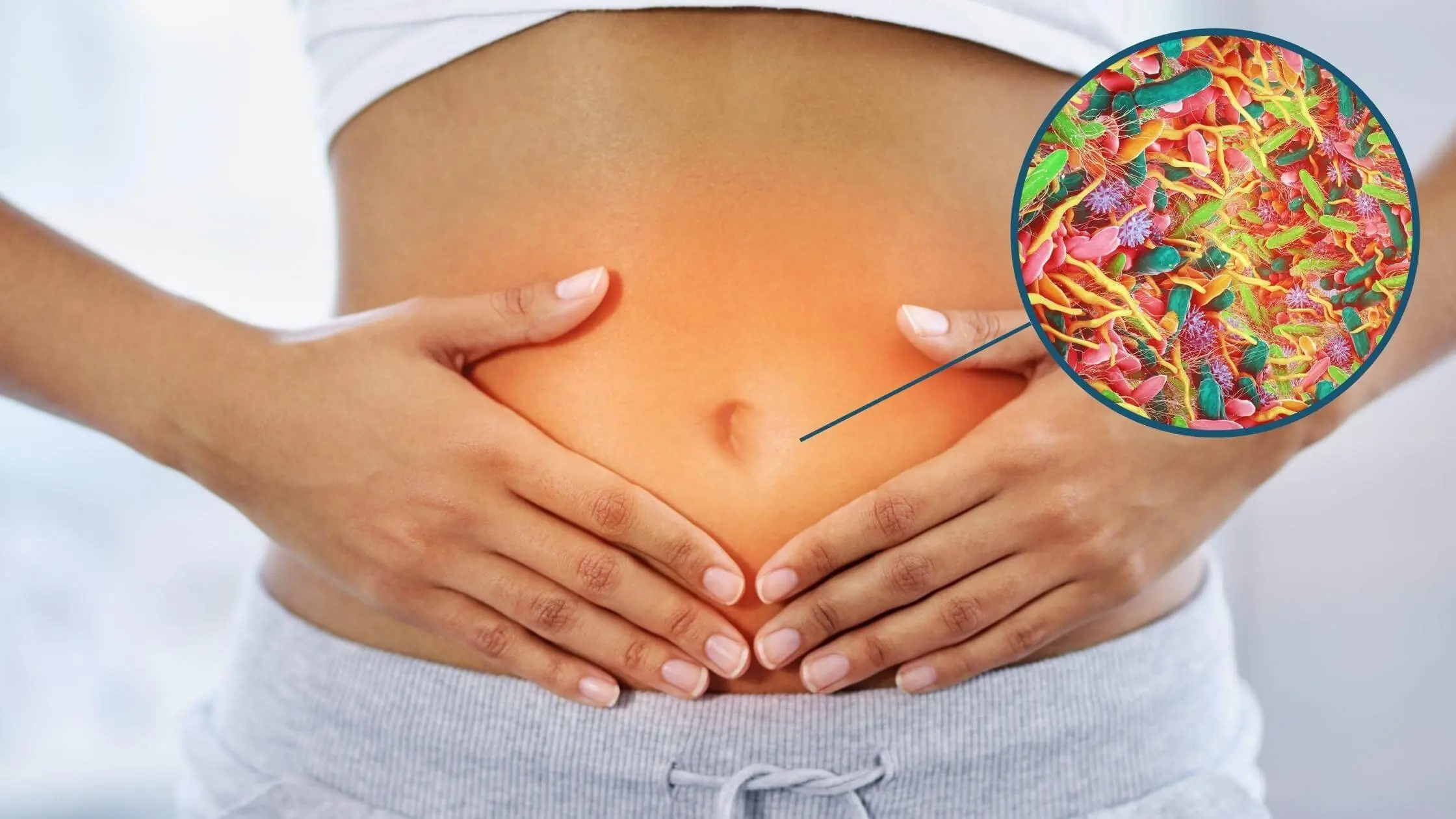
How to Kill the Bacteria Causing Heartburn and Bloating
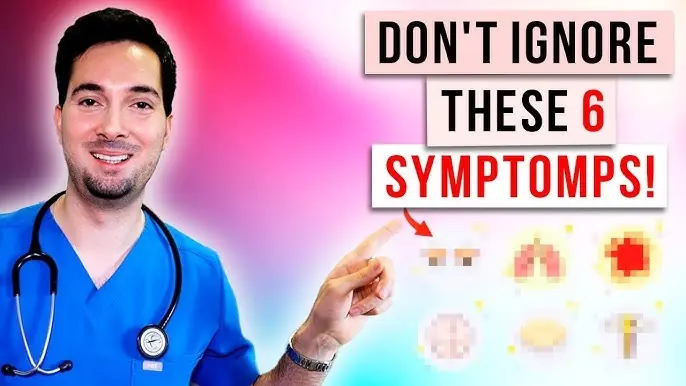
The Hidden Warning Signs of Iron Deficiency—and How to Fix It

Beat a Sinus Infection Fast with These Natural Remedies
News Post

MAHA Chief Medical Advisor Dr. Aseem Malhotra Just Declared That No One Should Have Ever Taken the COVID mRNA Vaccines.

New mRNA Shot Turns Immune Cells Into Cancer-Killers Directly Inside the Body, Study Finds

One Vitamin That Could Transform Your Circulation

Why Cold Showers on Hot Summer Nights May Keep You Awake

Lesser-Known Menopause Symptoms

Signs Your Cortisol Is Dangerously High

Genius Laundry Hack: Why Putting an Empty Plastic Bottle in Your Washing Machine Can Save Time and Hassle
It may sound strange, but dropping a simple empty plastic bottle into your washing machine could completely change the way you do laundry. This clever trick not only prevents clothes from tangling but also improves the overall cleaning process, making you

How long should frozen meat be thrown away? Here's the answer.

Put a Roll of Toilet Paper in the Fridge Overnight: The Unexpected Hack That Saves Families a Fortune
A simple household item can become a powerful money-saving tool if you know how to use it wisely. Believe it or not, placing a single roll of toilet paper inside your refrigerator overnight can help reduce odors, prevent frost buildup, and even cut down y

This is the reason why you should plant aloe vera in your home right away.

Groom-To-Be, 28, Dies of Acute Liver Failure After Eating Chicken: Doctors Urge the Public to Beware of This Hidden Danger
The tragic story of a young man in China who was preparing for his wedding but suddenly died from acute liver failure after food poisoning has shocked the nation. Experts warn that improper food handling and consumption of spoiled or contaminated food can

He Never Drank Alcohol but Died of Liver Failure: Doctors Reveal 4 Common Foods That Quietly Destroy the Liver
A man who stayed away from alcohol his entire life shocked his family when he was diagnosed with liver failure and passed away at just 55 years old. Doctors warn that alcohol is not the only enemy of the liver—certain everyday foods can be just as destr

Vitamin D Overdose: When Good Intentions Turn Toxic
Vitamin D is often celebrated as the “sunshine vitamin,” vital for bone strength, immune health, and even protection against certain chronic diseases. But while moderate amounts are essential, excessive or unsupervised intake can be toxic—and in som

6 Types of Pain You Shouldn’t Ignore
Occasional mild discomfort may not require urgent care, but sudden, unexplained, or severe pain always deserves medical attention.

Why You Shouldn’t Be Washing Bath Mats in the Washer

Snakes in Your House

Sessile Joyweed (Alternanthera sessilis): 6 Incredible Health Benefits and How to Use It Naturally
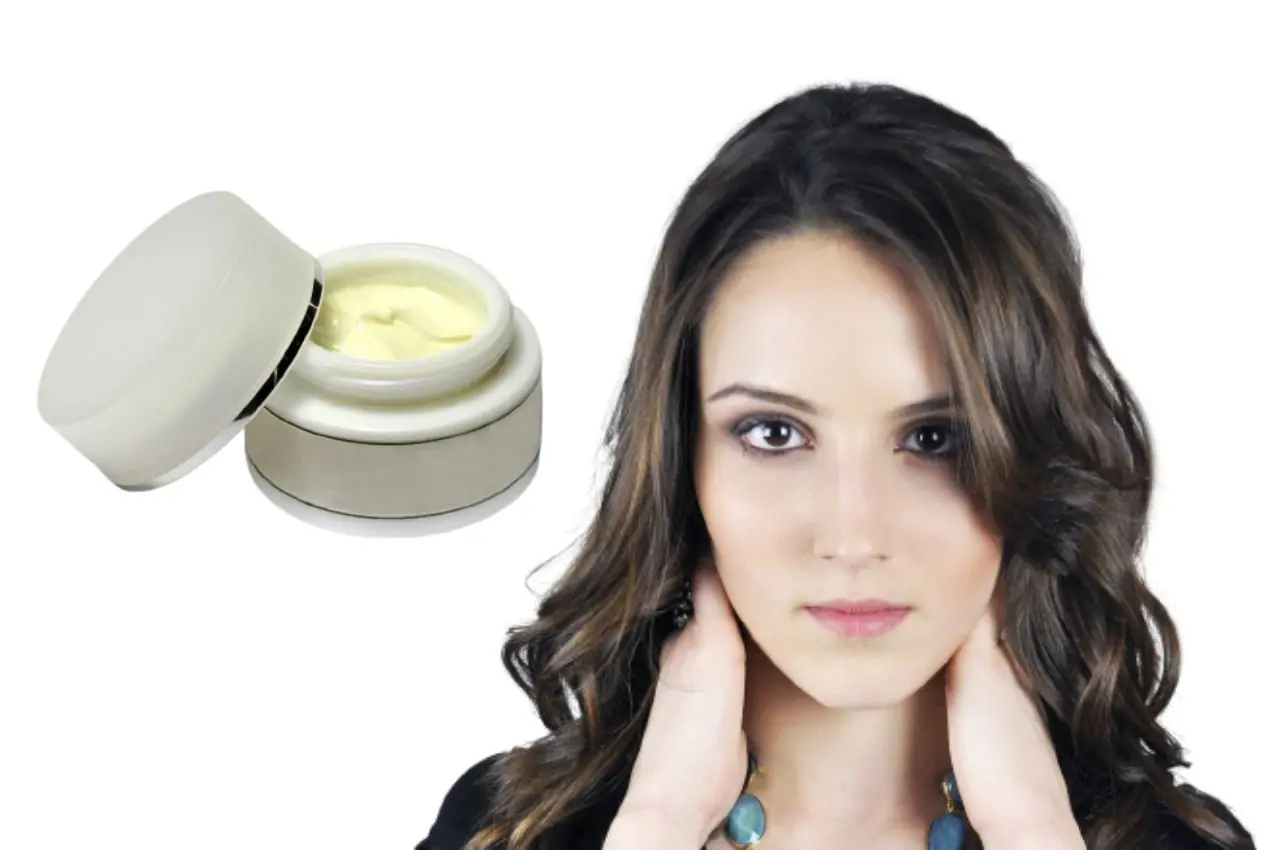
Top 5 Amazing Tips for getting rid of Blackheads and Whiteheads
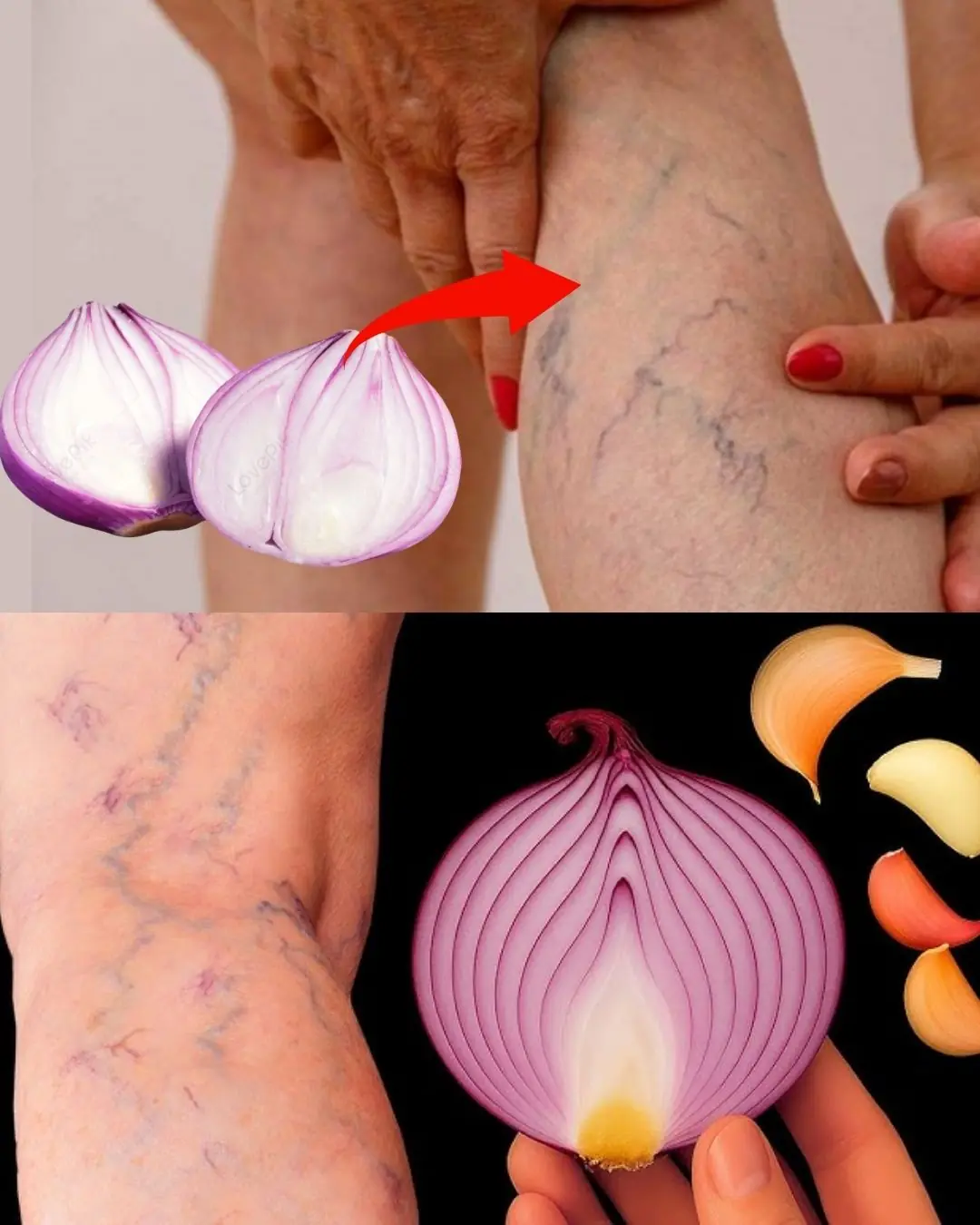
✨ Unbelievable! This Is a Vein Killer! Erase Varicose Veins Like an Eraser! 🔝 2 Natural Recipes 🤩
